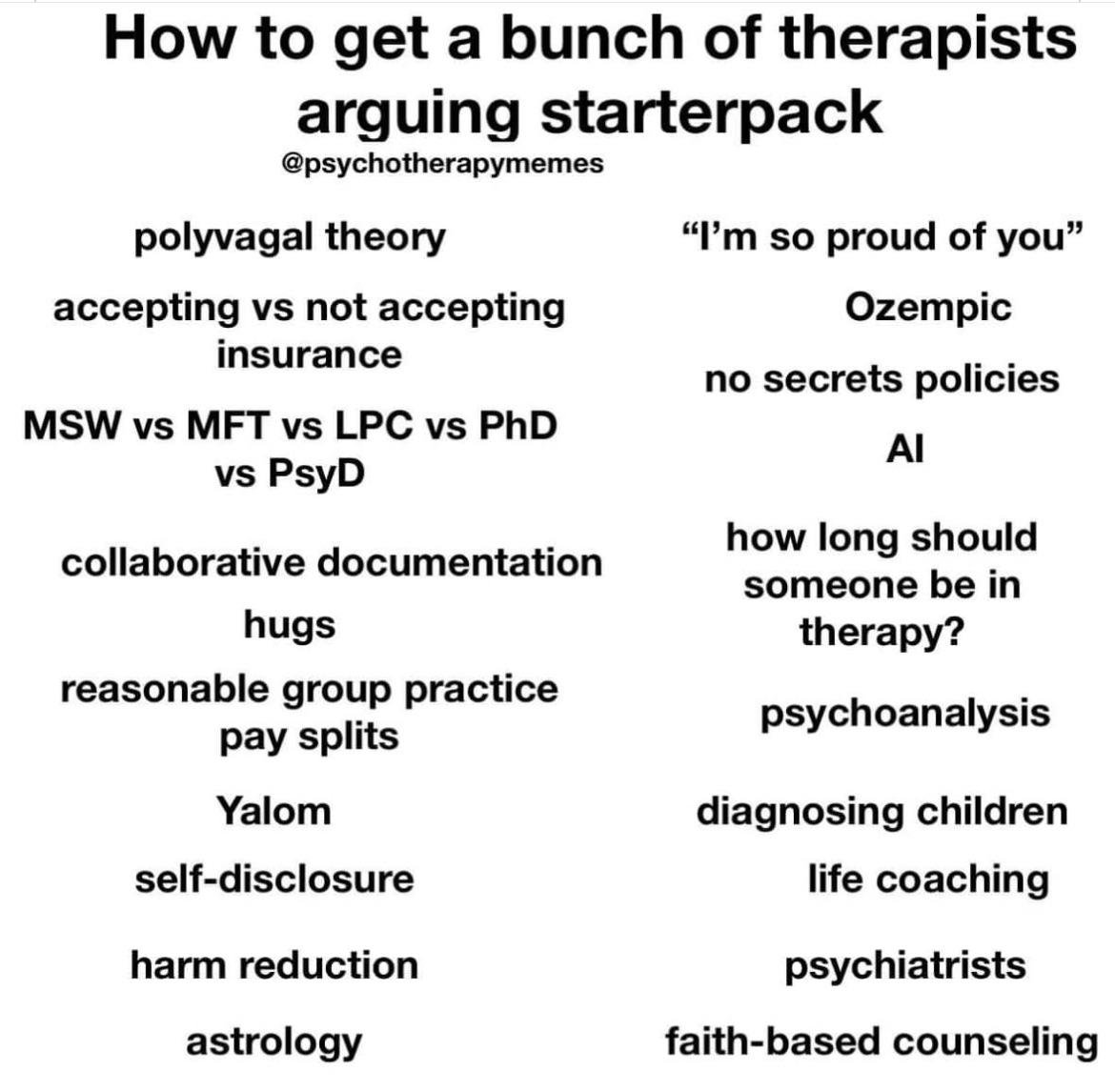Hello -- Wanted to say hi and also pass along an interesting press release from APA (via Dr. Ken Pope).
I'm a psychotherapist out of Baltimore, MD. Still doing 100% telehealth. Interests in healthcare security and Linux web administration in addition to counseling topics including the inclusion of spirituality in counseling.
The article below is about how a surprisingly small amount of exercise per week can help depression!
For those who don't get Dr. Pope's emailed newsletters -- he is a worldwide treasure. You can email him at ken(at)kenpope.com and ask nicely to be included on the distribution list.
-- Michael
-------- Forwarded Message --------
The American Psychiatric Association issued the following news release:
Less Than Two Hours of Exercise Weekly May Reduce Depression Risk in Adults 50 and Older
Just 100 minutes of moderate exercise weekly (for example, brisk walking) may help reduce the risk of depression in adults aged 50 years and older, suggests a report published today in JAMA Network Open.
“The findings of this cohort study suggest that physical activity doses lower … than doses recommended in [WHO] guidelines for overall health … may protect against depressive symptoms and major depression among older adults,” wrote Eamon Laird, Ph.D., of the University of Limerick, Ireland, and colleagues. “We do not advocate for reduced activity levels in any population, but these findings suggest that even doses lower than recommended may protect mental health over time.”
Laird and colleagues used data from The Irish Longitudinal Study on Ageing, which collects demographic, health, and lifestyle information from community-dwelling adults who are at least 50 years old and live in Ireland. They examined data from 4,016 participants who had completed interviews and questionnaires between October 2009 and December 2018. Depression symptoms were assessed using the 8-item version of the Centre for Epidemiological Studies Depression (CES-D). Laird and colleagues converted participants’ responses on the Physical Activity Questionnaire into metabolic equivalent of task (MET) minutes per week. (One MET equals the amount of oxygen an average person uses while sitting for one minute. One minute of moderate activity equals about 4 METs.)
During the 10-year follow-up period, depression rates increased from a mean of 8.2% to 12.2%, Laird and colleagues reported.
Compared with adults who reported low physical activity (<600 MET minutes per week), those who performed moderate activity (600 to 1,200 MET minutes per week) had a 7% lower rate of depressive symptoms and 42% lower odds of having major depression (defined as a CES-D score of ≥9 or a report of a major depressive episode).
Adults who performed vigorous activity (1,200 to 2,400 MET minutes per week) had a 20% lower rate of depressive symptoms and 44% lower odds of major depression compared with the low physical activity group.
When taking a closer look at the low-activity group, Laird and colleagues found that performing at least 400 MET minutes per week could reduce the rate of depressive symptoms or major depression compared with adults who reported no physical activity.
Laird and colleagues also found that the depression benefits of low to moderate physical activity were more pronounced in adults with chronic diseases such as heart disease, cancer, or arthritis. “This was not surprising given that individuals without chronic conditions could already be engaged in salutary lifestyle practices, resulting in less likelihood of experiencing increased depressive symptoms and major depression compared with those with a chronic disease, and thus may require greater physical activity doses to elicit further protection,” they wrote.
Ken Pope
~~~~
Merely forwarded by:
Michael Reeder LCPC
Baltimore, MD
https://www.hygeiacounseling.com
https://www.clinicians-exchange.org
https://lem.clinicians-exchange.org
https://mastodon.clinicians-exchange.org

